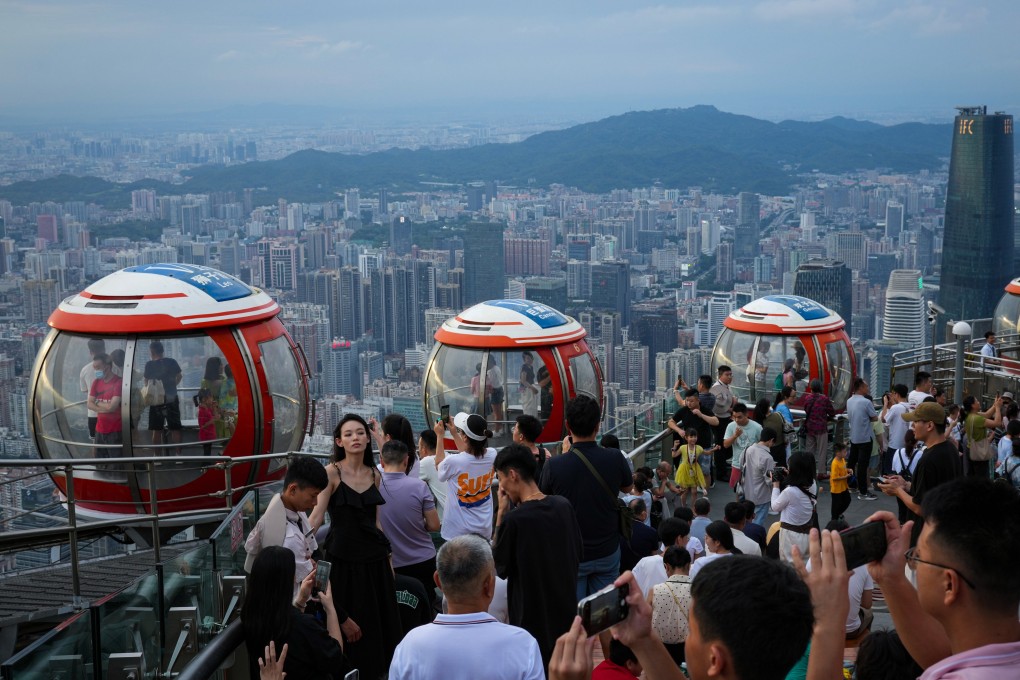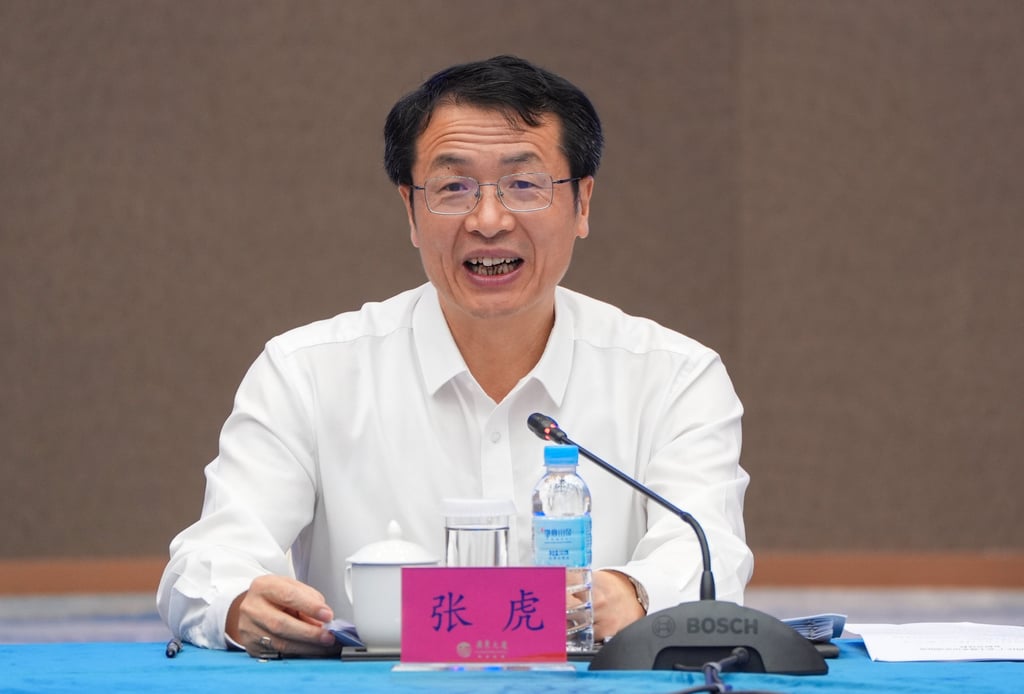Guangdong in bay area connectivity pledge amid ‘new normal’ of Hongkongers heading north
- Greater Bay Area’s economic prowess has grown over past five years as cooperation with Hong Kong and Macau deepened, official says

Zhang Hu, Guangdong Communist Party Standing Committee member and executive vice-governor, said on Tuesday that the bay area’s economic prowess had steadily grown over the past five years as cooperation with Hong Kong and Macau deepened.
“The potential and momentum for high-quality development have been released, thus demonstrating the institutional advantage and liveliness of the ‘one country, two systems’ arrangement,” Zhang said, referring to the principle under which Hong Kong and Macau are governed.
He described the bay area – Beijing’s ambitious plan to transform Hong Kong, Macau and nine Guangdong cities into an integrated hi-tech, economic powerhouse by 2035 – as an “important political mission at the top of provincial priorities”.

“Hongkongers heading north has become a hot trend. In 2023, Hong Kong residents made around 53 million trips to mainland China. This has become a new normal,” he told a briefing as part of a seven-day “Opportunities in the Greater Bay Area” media tour.
